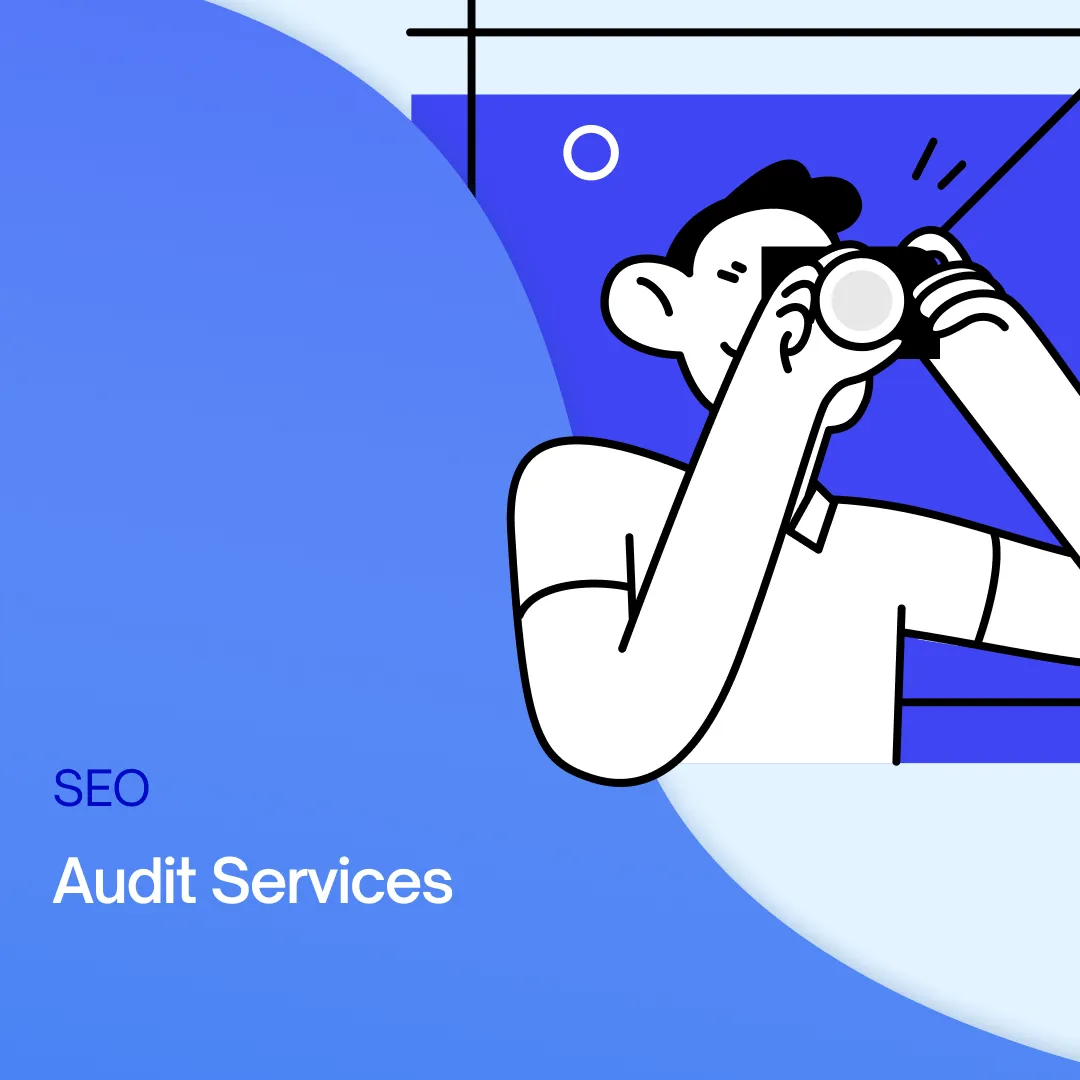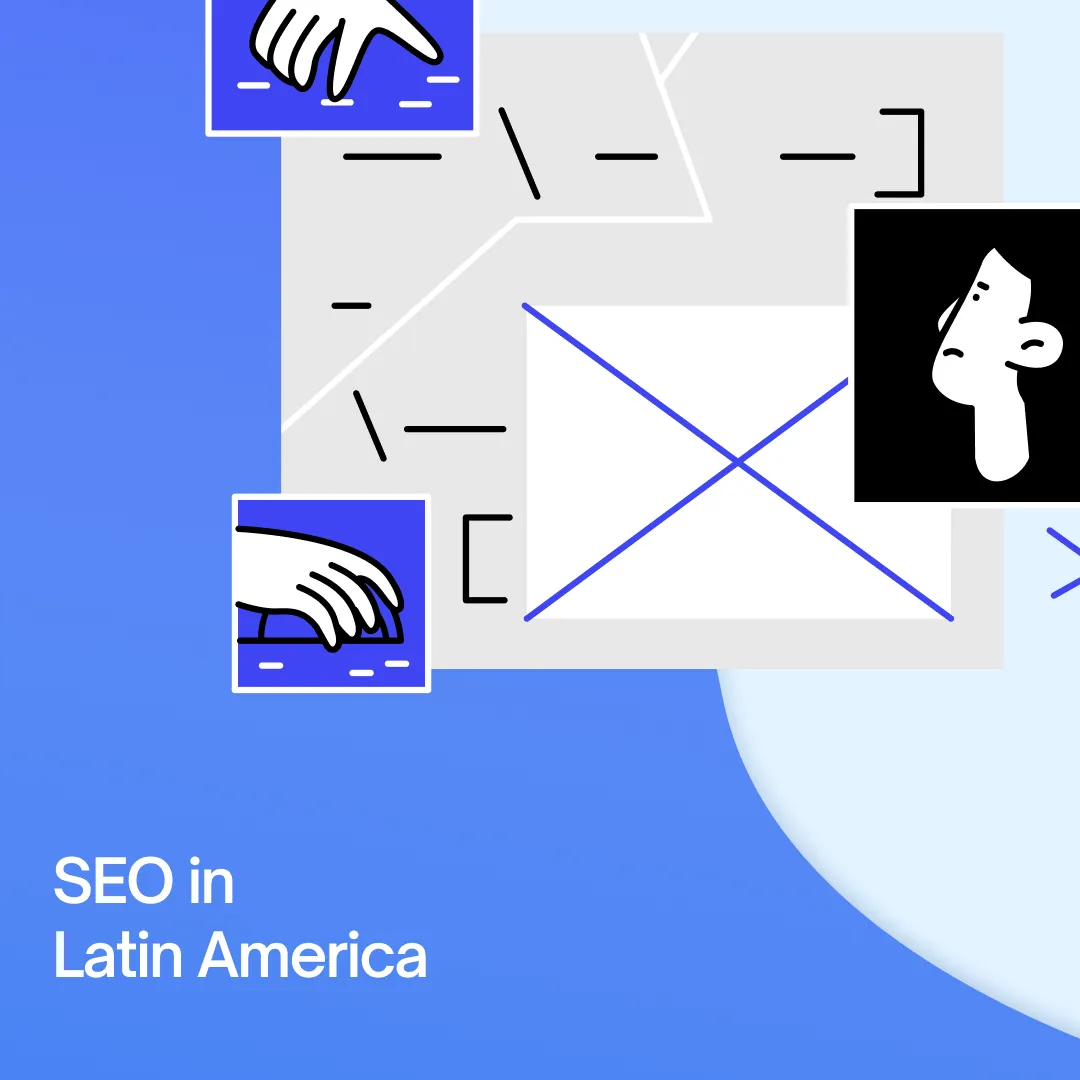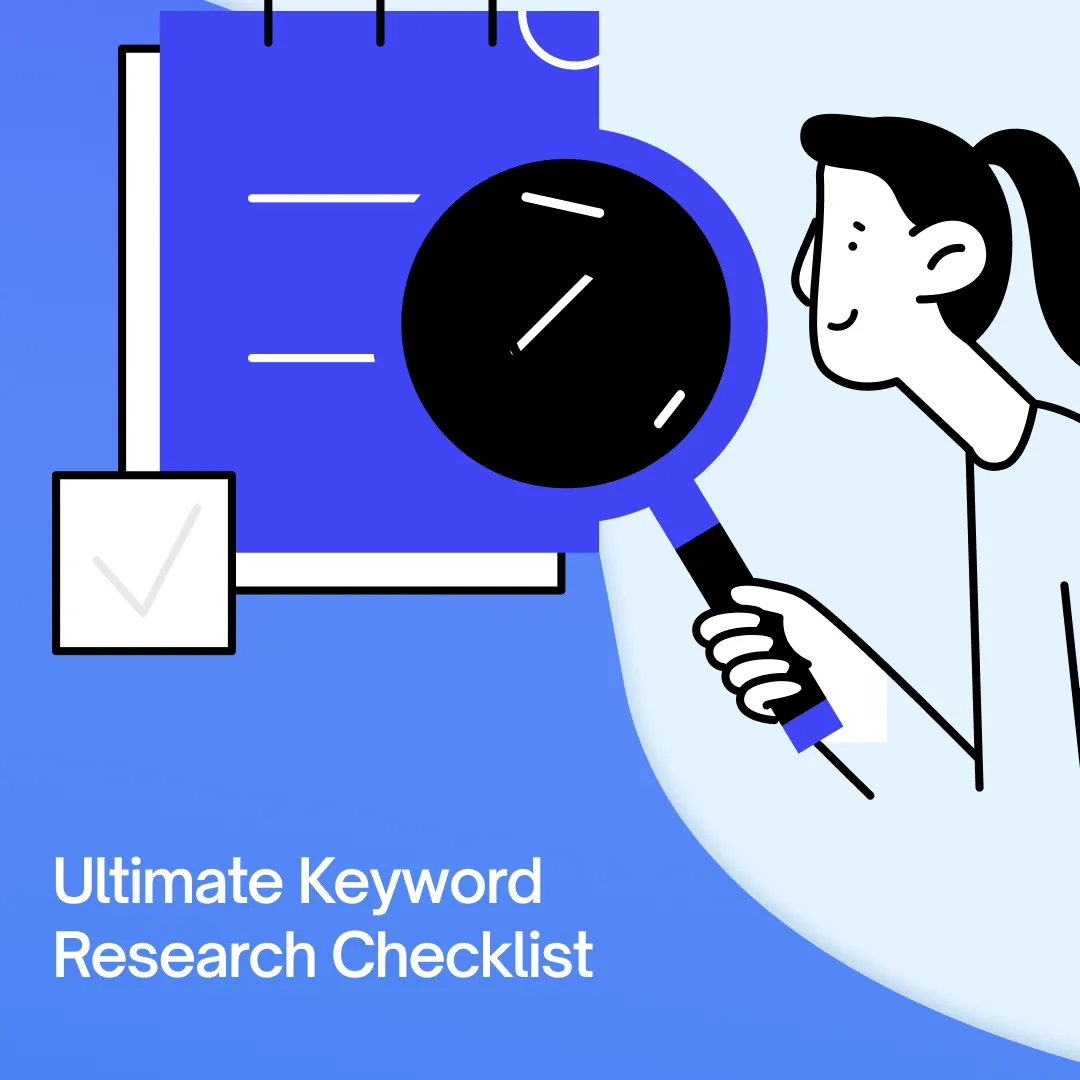Buying backlinks from random websites is a waste of money and effort that won’t bring you quality traffic.
And Google may view it as a link scheme, which exposes you to different penalties.
Luckily, you can buy backlinks legally and effectively. This article explains:
- What it means to buy backlinks
- The risks of doing it wrong
- The price of backlinks
- How to buy high-quality backlinks that increase your search rankings, accelerate organic traffic, and expand your business.
Let’s begin.
What Does It Mean to Buy Backlinks?
Here’s the tl;dr:

Buying backlinks may mean two different things:
- Buying links from specific websites, whether you offer a payment or are being requested one
- Purchasing links from reputable B2B link building agencies
The first option is iffy, to say the least.
But you may think you don’t have a choice.
Even if you offer high-quality content or another relevant asset, the website owner may still request a fee to place your links.
And since many websites practice this fee for their outbound links, many website owners prefer to give in and pay it.
Side note: Online casinos, insurance companies, and finance apps also have generous affiliate programs, which entail affiliate links. Basically, it's organic link-building.
Warning: Google has specific penalties for websites with paid links, such as deranking you.
We’ll discuss more about that in a second. For now, remember:
A backlink profile with paid, low-quality links won’t boost your organic traffic or improve your search engine ranking.
Unless you do it the right way.
That means using white-hat SEO link building. Or hiring an agency – aka purchasing high-quality backlinks from an SEO agency – that will build your links on websites with high domain authority.
Why Buy Backlinks Instead of Building Them on Your Own?
Many companies prefer to buy backlinks because building them is time-consuming and cost-inefficient.
Let’s examine the stats:
A significant 74.3% of link builders have admittedly engaged in buying backlinks. Also, a substantial 92% of SEOs suspect that their competitors are buying links. And they do – there’s still a high prevalence of this strategy within the industry. The point is – you can do it correctly or incorrectly.
In fact, approximately 69% of SEO professionals believe that purchasing backlinks can positively influence search rankings. This reflects the common perception of its potential benefits.
They might be right, too.
Top-ranking pages on Google have 3.8 times more backlinks than those in lower positions, emphasizing the importance of backlinks in SEO performance.
Think of it as a spiral: the more backlinks you get, the higher you rank, and then you get more backlinks.
From that POV, the price can be completely worth it.
The average cost of a paid backlink is $361.44, though prices can vary significantly based on the authority and relevance of the linking site. However, almost 70% of SEOs agree that one person can build up to 20 links per month. Put in that perspective, the cost of one backlink translates into 8 hours, meaning you pay a rate of approximately $45/ hour.
Many are willing to pay this price because link-building is hard.
Over 52% of digital marketers find link building to be the most challenging aspect of SEO, which may drive some to consider purchasing backlinks as an alternative.
Here are other problems:
- Higher workload: If you don’t have an in-house link-building team, your SEO specialists will have another thing on their plate.
- More time and resources: Building backlinks requires specific strategies. You must build a strategy and monitor your efforts constantly to find and double down on your high-performing techniques. That initial strategy is based on keyword research, competitors’ audits, researching trends, finding content creators in your niche, building content and tools, and more.

All that planning and strategizing takes time.
Plus, your team needs time to learn and stay updated with the latest link-building strategies and link-building tools.
Which you’ll have to buy for them.
That brings us to:
- Main mistake: Many companies agree to purchase low-quality links from random websites.
- The right solution: Choosing a link-building service from a trustworthy SEO company that uses white-hat, data-driven methods.
How Much Does It Cost to Buy Backlinks?
Let’s jump right into it:

Ahrefs has done interesting research across 450 websites in nine niches to find the average cost of backlinks.
They discovered that if you’re trying to purchase a link directly from a website:
- The average cost of link insertions is $361.44.
- The average cost of guest posting is $77.80.
And here are two other problems for link buyers:
- Only 12.6% of website owners responded to the outreach message for link insertions.
- Only 25.5% of website owners responded to the message asking for a guest post.
The solution: The average cost of buying authority backlinks from an agency is $300.
However, there are different backlink packages with different results.
- Start at $5-$15: You can find cheap link-building offers on freelancing platforms like Upwork and Fiverr. These shouldn’t be trusted because they typically use poor-quality content and won’t improve your ranking in search engines or boost organic traffic.
- Around $40-$100: These types of backlinks may be spammy forum links, come from low-quality sites, or be irrelevant. You may also expect the link to be deleted.
- $100-$200: You may get quality link insertions in relevant sites with an average domain authority. Your link may be relevant but may also be deleted without notice.
- $200-$350: These are high-quality links in reputable websites with high domain ratings. However, the fee is typically practiced for less competitive industries.
- $400-$1,000: This is the typical fee you can expect for contextual links if your website is in a competitive, cutthroat niche like science, healthcare, finance, or real estate.
The Risks of Buying Backlinks
Buying links from sites directly has several risks you should be aware of.
1. (Manual) Penalty by Google
Buying thousands of links from a link farm breaks Google’s terms and regulations.
That’s because Google views your link-buying process as a clear manipulation of its search ranking system.

Basically, it understands you’re trying to artificially get more incoming links to your website instead of creating relevant content that organically brings more visitors.
In this case, you’ll pass Google’s PageRank software that classifies your link as (part of) a link scheme, a black-hat link-building tactic.
Here’s the thing.
You’re not technically breaking Google’s Search Essentials – formerly known as the Google Webmasters guidelines – if you pay for an authority link in a relevant website, pointing to a useful tool, industry study, or piece of content.

This type of backlinks may not trigger any manual action.
However:
- Creating an extremely valuable asset takes time.
- Authoritative sites in your niche with high organic traffic and good domain authority will likely give you that external link anyway.
The problem is few SEO experts buy valuable link placements pointing to their extremely valuable content.
Buying cheap links can become addictive, especially if you get an artificial spike in domain ranking.
And in the long run, Google may hide those bad links, ghost your website, or even give you manual penalties.
The solution: Don’t focus on vanity metrics. Focus on content quality and follow sustainable growth in both search ranking and traffic.
2. Accidentally Buying from a PBN
A PBN is a Private Blog Network.
As the name suggests, it’s a network of blogs. But building links with this type of network doesn’t offer any real value.
It’s only there to boost the authority of a specific website, increasing its authority.
So, if you accidentally buy from a PBN:
- There will be no SEO juice floating your way because these blogs don’t have any real visitors.
- Your ranking won’t increase.
- You won’t get new traffic.
- You’ll have paid your money for nothing.
3. Having Your Link Removed
Another risk of purchasing thousands of backlinks from sites is getting those links removed.
The problem: The website owners can change and edit their content however they like. And unfortunately, they can sell a higher-paying niche edit to one of your competitors, replacing your link.
The consequence: You won’t get any benefits and lose your money.
The solution: You can purchase white-hat backlinks from a solid, reputable agency. Depending on your backlink packages, you may negotiate a lifetime link insertion or free link replacement.
4. Having Your Link on a Low-Quality Website
A low-quality website may be:
- One with low domain authority and no real traffic: That means you’re not getting much link juice from it, even though the website may be extremely relevant for your niche and have high-quality content.
- One that posts every link: In this case, your link has less power because it’s not mentioned by a reputable source. Also, Google can recognize mentions from link farms, meaning you can get penalized.
Here are the solutions:
- Check your partner websites using domain ranking and organic traffic checker from Ahrefs, SEMrush, or another SEO tool you trust.
- Check your link partners’ link-building profiles, analyzing what they link to and who links to them.
- Manually verify these websites to ensure they’re legit. Websites with poor content, stock images, and no relevant business information look iffy.
5. Your Link May Be Irrelevant (or Low Quality)
Buying a link directly from a website without link-building knowledge is risky because your link may be irrelevant.
Imagine having a finance company and getting a backlink from a fashion magazine.
If the magazine is famous, you may be tickled pink.
But Google won’t be because it's an unnatural link
The quality of backlinks doesn't just depend on getting mentions from a high-quality website. You must also:
- Prove your website features unique and valuable content.
- Have relevant, authoritative creators in your niche cite your work.
Editorial links are the most sought-after, but you can still get high-quality links through old-fashioned ways.
If your team knows how to build results-driven backlink strategies and conduct effective link-building outreach.
That brings us to the next point.
How to Buy Backlinks the Right Way
As you can see, paying money for links the wrong way may lead to:
- Wasted time and resources
- Absolutely no progress in terms of search engine optimization
- Manual penalties from Google (worst-case scenario)
However, a data-driven link-building agency like Bluethings is better because it’s:
- Safe
- Professional
- Effective
- Sustainable in the long-term
- A more affordable investment than cheap or damaging links
And since not all London or New York link-building agencies are created equal, here’s what white-hat link-building looks like with Bluethings.
1. You’ll get a full review of your link-building profile, understanding your current link-building and SEO strategies.
- Zero in on methods that worked for you.
- Eliminate or try to improve those that didn’t.
2. You’ll be able to profit from your competitors’ link-building efforts in three easy steps:
- Run a link-gap analysis to understand the topics to which they build the most links.
- Determine who is linking to them more often.
- Use this information to find loopholes in their strategies that you can use as opportunities.
3. You’ll get quality link partners that post relevant content :
- Leverage professional tools to derive quality insights from your website, competitors’ link profiles, and your industry.
- Send professional and effective outreach messages.
4. You will get a comprehensive link-building profile:
- Create a strategy based on the specific assets your customers and link partners need.
- Use a wide array of tactics for building powerful backlinks, such as HARO link-building, EEAT blog posts, roundups, PR link-building, organic link-building, and more.
- Identify the right anchor text links based on your keyword strategy.
- Obtain do-follow links that bring quality SEO juice.
5. You benefit from a sustainable and scalable link-building strategy that fits into your SEO campaign:
- You get consistent, high-quality reports with all the best and worst strategies.
- We constantly test and zero in on winning tactics that achieve the desired results.
- We build on those insights, scaling your SEO efforts to grow your company.
Will You Buy Backlinks?
This guide took you through several methods of backlink buying.
You now know that although the buying and selling of links is a common practice, it’s not necessarily the best.
Although you can see a quick spike in SEO ranking with cheap backlinks, you may not get quality traffic.
And you face Google penalties.
If you want to avoid those problems, Bluethings can help.
You already know how we work, so let’s book a free strategy call. We’ll listen to your problems, look at your data, and find the best link-building solutions for your website.
FAQ
1. What does it mean to buy backlinks?
Buying backlinks involves paying website owners to include a link to your site on their pages, aiming to boost your site's authority and improve its search engine rankings.
2. Is purchasing backlinks against Google's guidelines?
Yes, buying backlinks to manipulate search rankings violates Google's Webmaster Guidelines and can result in penalties.
3. Are paid backlinks effective in improving rankings?
While 69% of SEOs believe buying backlinks is effective, the risks associated with penalties often outweigh the potential benefits.
4. How much do paid backlinks typically cost?
The cost varies widely, with the average paid backlink costing $361.44, depending on the quality and authority of the linking site.
5. What are the risks of buying backlinks?
Risks include search engine penalties, loss of rankings, and damage to your site's reputation.
6. How can I acquire backlinks without purchasing them?
Focus on creating high-quality, valuable content that naturally attracts backlinks, engage in guest posting, and build relationships within your industry.
7. Can I detect if competitors are buying backlinks?
While 92% of SEOs suspect competitors buy backlinks, it's challenging to confirm without direct evidence.
8. What is the difference between dofollow and nofollow backlinks?
Dofollow links pass SEO value to your site, while nofollow links do not directly influence rankings but can still drive traffic.
9. How can I identify high-quality backlinks?
High-quality backlinks come from authoritative, relevant sites with strong domain metrics and organic traffic.




